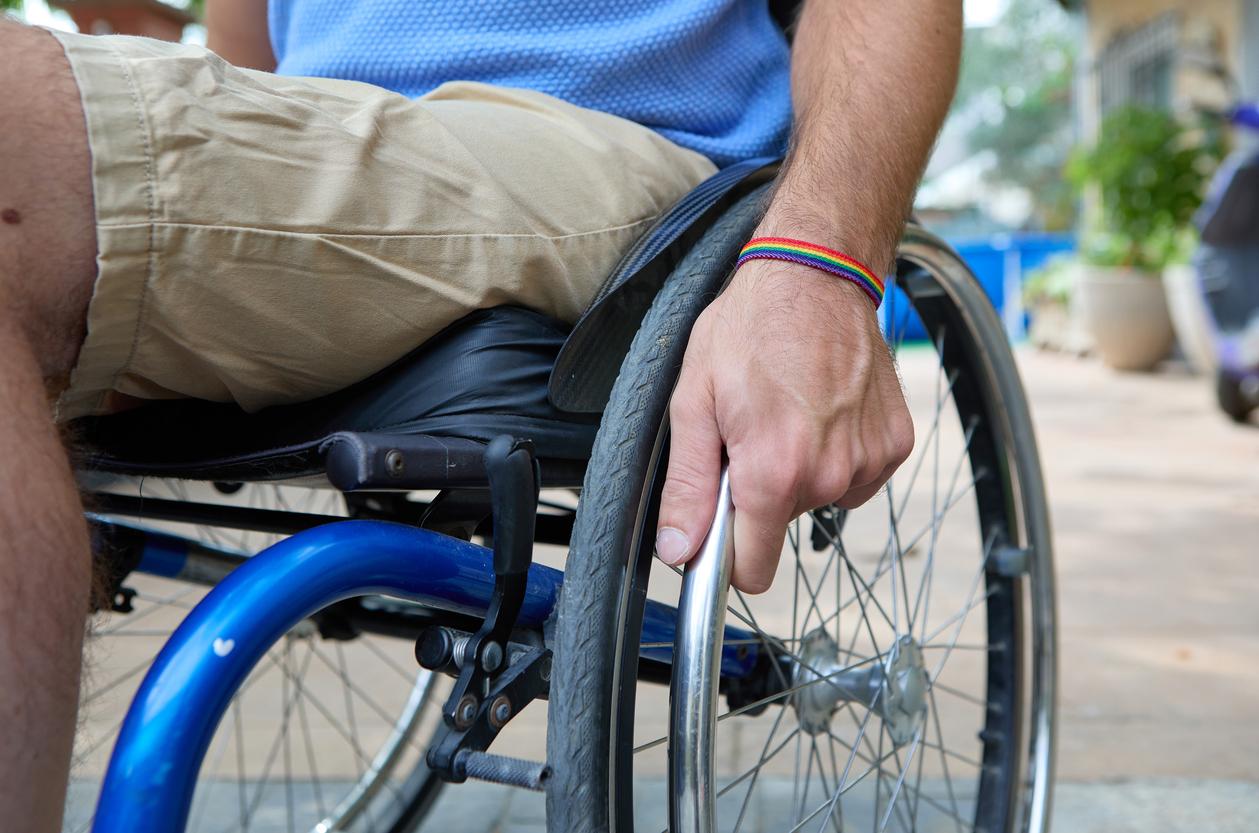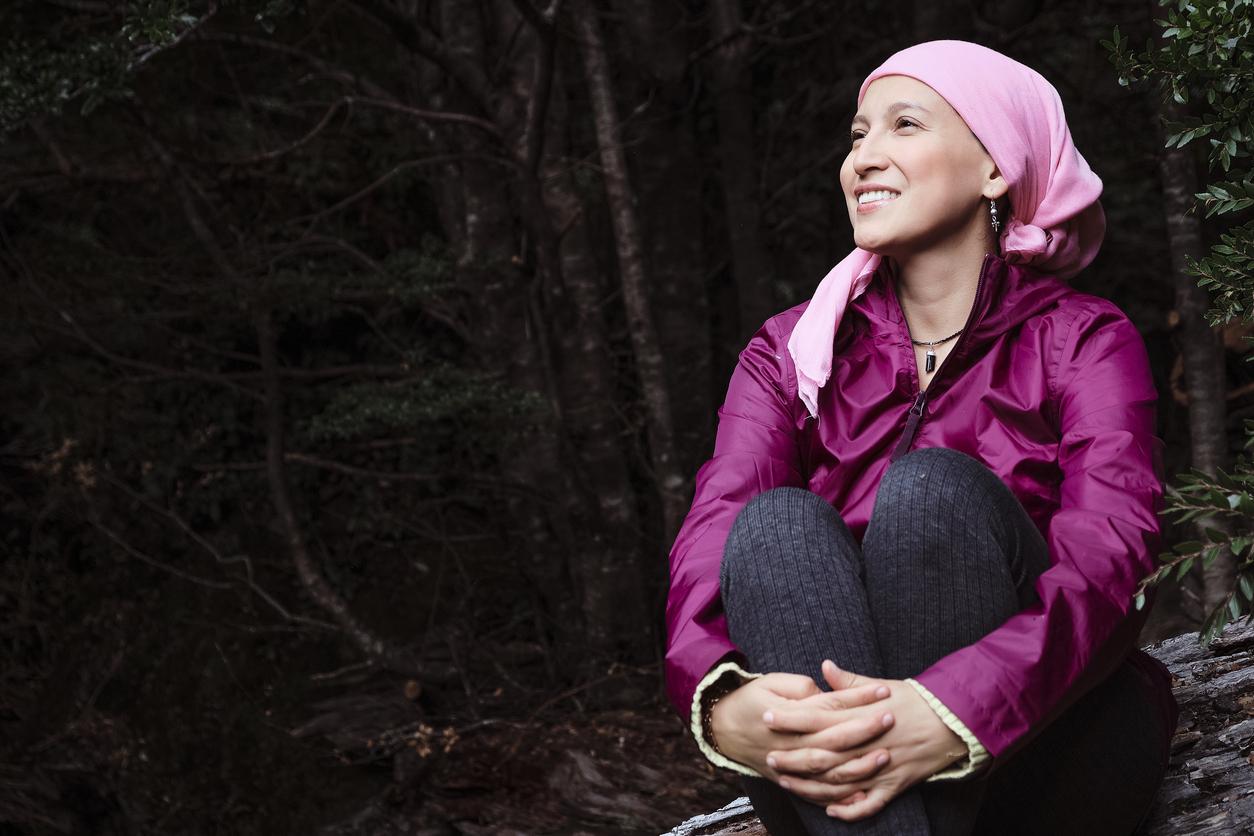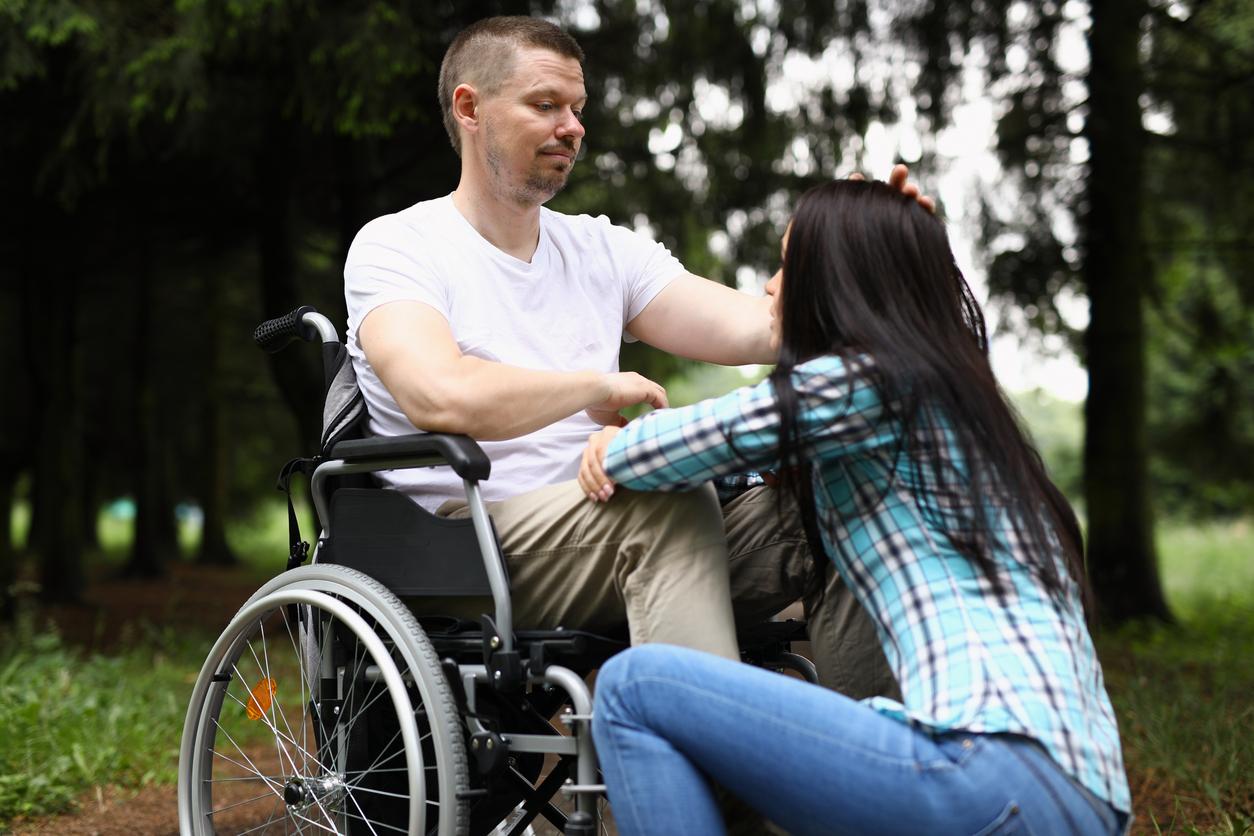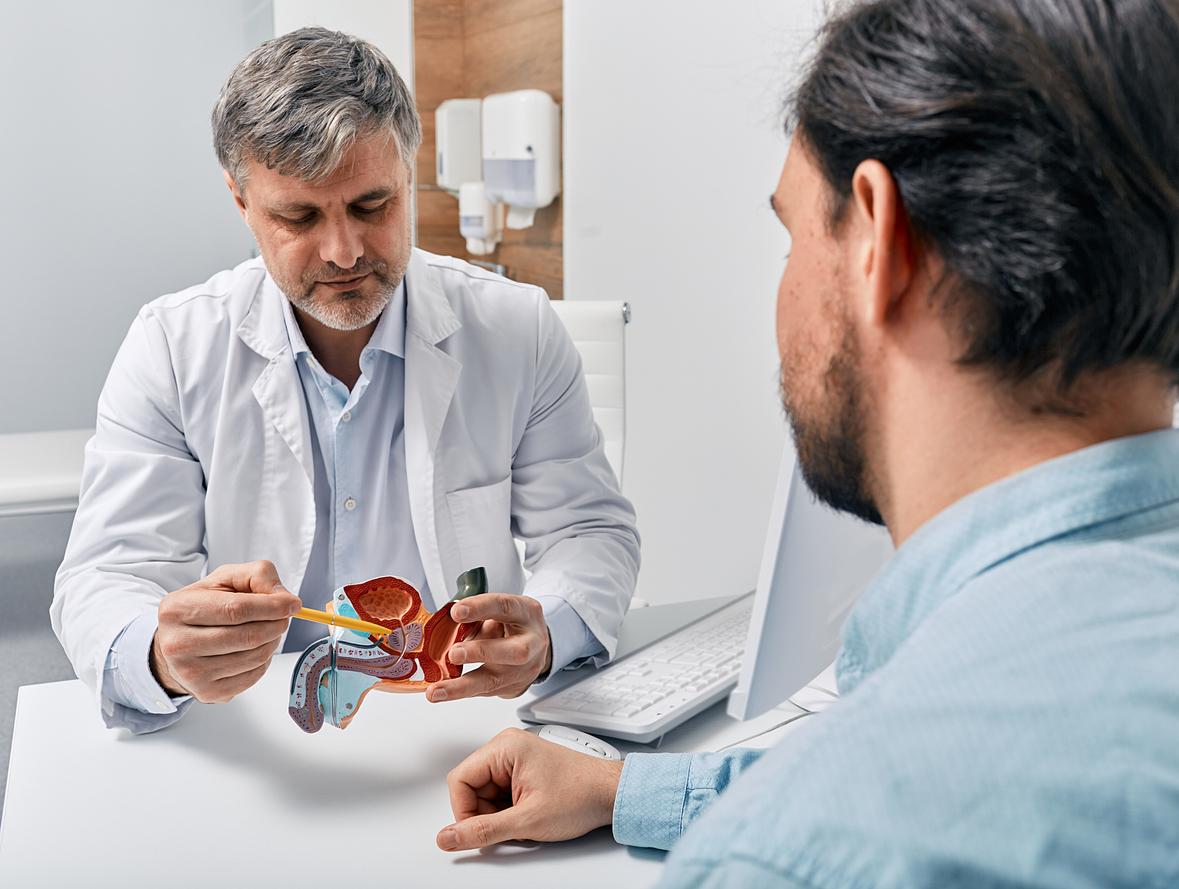Split personality, impulsiveness, violence… The prejudices concerning schizophrenia are numerous. A disease to be combined in the plural because there are several forms. No curative treatment has yet emerged, but drugs manage to treat some of the many symptoms encountered by patients. These antipsychotic therapies act on so-called “positive” symptoms (which are added compared to a healthy person), such as auditory and visual hallucinations or delusional thoughts. But these drugs are not active on other symptoms such as social withdrawal, lack of motivation and emotional reactions, or even comprehension disorders and anxiety, accompanied by suicidal thoughts.
According to Doctor Yann Hodé, psychiatrist and Medical Director of the Psychiatric Services Jura Bernois – Bienne – Seel in Switzerland, “to be comprehensive and therefore truly effective, treatment must include other approaches such as psychotherapy, cognitive and behavioral therapy (CBT ) and social monitoring. This also involves family psychoeducation”. This new way of improving the health of the patient by caring for his family is developing in particular for psychiatric and mental disorders.
The Profamille program, intended for relatives
Concerning schizophrenia, the “Profamille” program is gradually gaining momentum in France. Developed in Quebec in the 1990s, it aims to help relatives of patients to better understand the disease, its symptoms, the side effects of treatments, and thus better support them in daily life and in the management of their disease. . “Including families in the care of the patient is essential to maximize the effects. The objective is no longer to obtain a simple remission of the symptoms, but to achieve a functional remission, that is to say that the patient reintegrates into society and leads an ordinary life”, explains Dr. Yann Hode.
This is difficult for patients without social support, and without the help of their family.
Indeed, many patients do not consider themselves as such (their disease causes ignorance of their symptoms and their “sick” character), and therefore do not follow their treatment correctly. In addition, they are confronted with poor management of their emotions and poorly recognize those of others. They react in a strange way or do not decipher the innuendoes. Relatives do not understand the patient’s ambivalent behavior and the family atmosphere can quickly deteriorate.
A full-time commitment to the family
The Profamille program and the psychoeducation of families in general therefore come to compensate for this lack of understanding and often of communication between relatives and patients. It takes place over 14 sessions of four hours each and addresses various themes in a practical context: understanding the disease and its treatment, communicating within the family, managing one’s emotions, developing a support network… At each workshop, the supervisors – psychologists, psychiatrists or nurses – start with a round table and come back to the exercises practiced at home between two sessions. Then come time for theoretical information and practice through role-playing. “We base ourselves on the situations we have encountered and which have caused us problems in order to see together how to defuse the conflict or restart a discussion”, explains Sophie *, mother of a young adult suffering from schizophrenia and who has followed the program. .
During these sessions, the patient is not present, but the improvement is quickly felt for him and his loved ones. Hospitalizations are divided by four the first year, and by two the following years according to an internal evaluation of the program. The atmosphere pacifies, relationships are renewed. Depression, observed in one in two relatives, also decreases. “As a parent, you can feel responsible for your child’s health, the program helps to relieve guilt and optimism, you can finally have real tools to react to everyday situations”, enthuses Sophie. To complete the training of families, a second session of eight sessions is proposed, in order to maintain the learning acquired.
A method still too little known and applied
But faced with the indispensability of psychoeducation, the observation of the lack of staff and notoriety of this program comes up against. “Since the 2000s, 1,720 families in France have followed Profamille, ie 3 to 5% of people who could benefit from it”, warns Dominique Willard, Psychologist, head of the Profamille IDF cluster at Sainte-Anne hospital in Paris. About fifty teams are formed on French territory, but no budget is allocated specifically to the psychoeducation of families in schizophrenia. Hospitals have to take their own budget and the program depends a lot on individual wishes. The actors point to an absence of a global policy on the scale of the French territory and a lack of information for health professionals. Relatives then often turn to associations that promote this kind of program. Véronique Antoine, from the association PromesseS concludes “the psychoeducation of families is essential: relatives must understand that they are not responsible or vectors of the disease, but actors in the recovery of the patient”.
Therapeutic education benefits many pathologies
Other pathologies also benefit from similar programs: Profamille is available for bipolar disorders and in the pipeline for autism spectrum disorders. Family carers, for example in Alzheimer’s disease, are also often informed and trained by associations to take care of their loved ones. In many chronic diseases, such as asthma or diabetes, therapeutic education concerns the patient, who learns to manage his pathology and practice self-care. The educational workshops then contain organized activities, psychosocial support and exercises to learn how to administer treatment at the right dose, deal with complications, know yourself and control the disease. Whether through the patient himself or his family, the objective is always to improve the patient’s state of health by sharing medical information, which is no longer confined to doctors and psychiatrists alone.
* This name has been changed
Source: Press conference organized by the Janssen laboratory in Paris, Tuesday October 4, 2016
Also to read
Schizophrenia: sports activity to fight against cognitive decline
Schizophrenia: a step towards understanding the disease
The ketogenic diet would limit the risk of schizophrenia


















